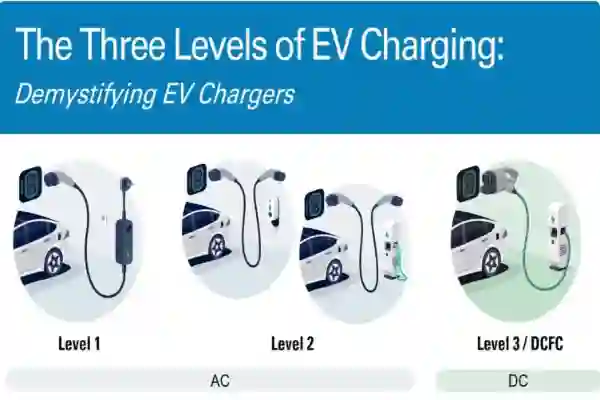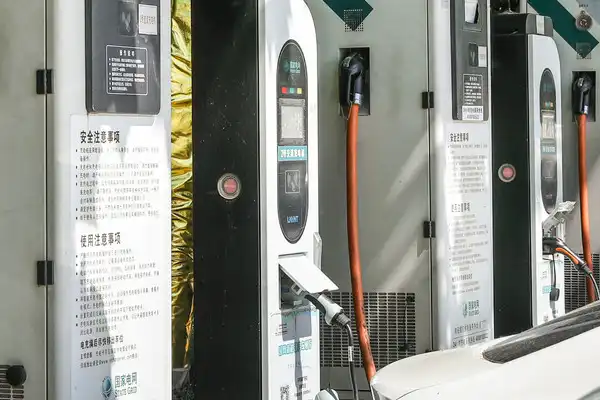Tethered vs. Untethered EV Chargers: Which is Right for You?
As electric vehicles (EVs) become more popular, the demand for efficient and convenient charging solutions is on the rise. One of the key decisions EV owners face is choosing between tethered and untethered EV chargers. Both options have their unique advantages and drawbacks, and understanding these can help you make an informed decision.

What is a Tethered EV Charger?
A tethered EV charger comes with a fixed cable that is permanently attached to the charging unit. This means that the cable cannot be removed or replaced without professional assistance. Tethered chargers are often preferred for their convenience and ease of use.
Pros of Tethered EV Chargers
- Convenience: The cable is always attached, so you don’t need to worry about forgetting it at home or misplacing it.
- Ease of Use: Simply plug the cable into your EV without the need for additional equipment.
- Weather Resistance: Tethered chargers are often designed to withstand harsh weather conditions, making them ideal for outdoor use.
Cons of Tethered EV Chargers
- Limited Flexibility: The fixed cable length may restrict where you can park your EV relative to the charger.
- Compatibility Issues: If the cable is not compatible with your EV, you may need to use an adapter or consider a different charger.
What is an Untethered EV Charger?
An untethered EV charger does not come with a fixed cable. Instead, it has a socket where you can plug in a separate charging cable. This type of charger offers greater flexibility but requires you to carry your own cable.
Pros of Untethered EV Chargers
- Flexibility: You can use different cables depending on your EV’s charging port, making it versatile for multiple vehicles.
- Portability: The absence of a fixed cable makes the charger more compact and easier to transport if needed.
- Future-Proofing: If EV charging standards change, you can simply replace the cable rather than the entire charger.
Cons of Untethered EV Chargers
- Inconvenience: You need to remember to carry the cable with you, which can be a hassle.
- Additional Cost: You may need to purchase a separate cable, adding to the overall cost.
Which EV Charger is Right for You?
Choosing between a tethered and untethered EV charger depends on your specific needs and preferences. If you value convenience and ease of use, a tethered charger may be the better option. However, if you prioritize flexibility and future-proofing, an untethered charger could be more suitable.
Considerations for Your Decision
- Vehicle Compatibility: Ensure the charger or cable is compatible with your EV’s charging port.
- Installation Location: Consider where you plan to install the charger and whether a fixed cable will limit your parking options.
- Budget: Factor in the cost of additional cables if you opt for an untethered charger.
Conclusion
Both tethered and untethered EV chargers have their own set of advantages and disadvantages. By understanding the differences and evaluating your specific needs, you can choose the best charging solution for your electric vehicle. Whether you prioritize convenience or flexibility, there’s an EV charger out there that’s perfect for you.

